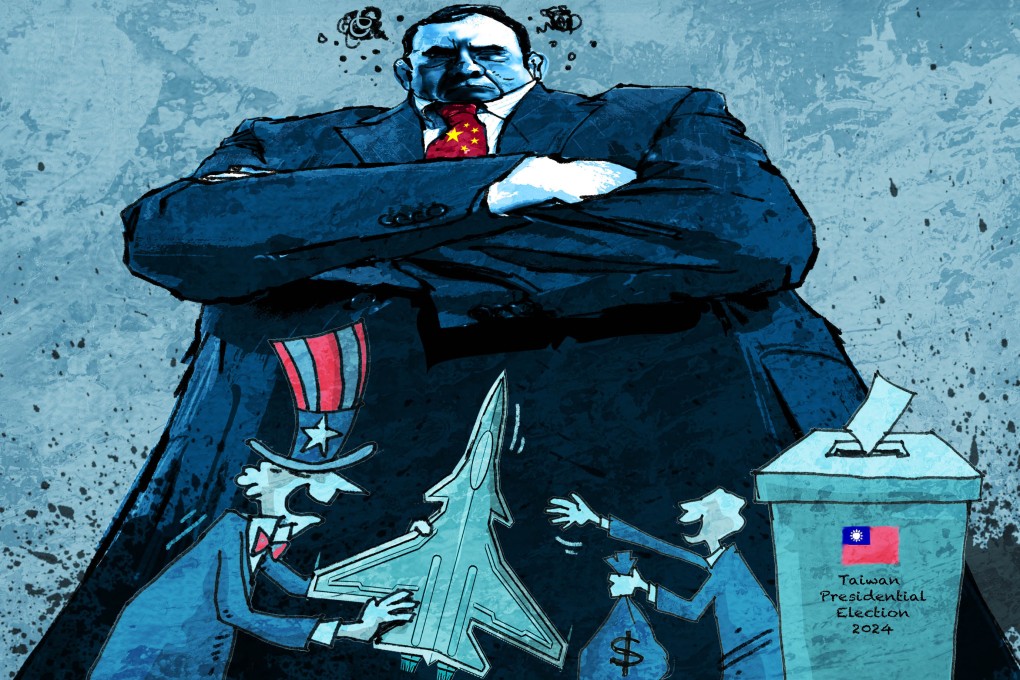Why Taiwan arms sales, in place for decades, will remain a source of US-China tensions
- US approval of US$300 million tactical systems upgrade for Taiwan comes within a month of breakthrough Xi-Biden summit after prolonged hostilities
- Beijing has steadfastly condemned the spike in arms sales to Taiwan under Biden as a sign of US opposition to its national reunification goal

The December 15 announcement came a month after a much-awaited summit in San Francisco between US President Joe Biden and his Chinese counterpart Xi Jinping, who pointed out that Taiwan remained “the most important and most sensitive issue in China-US relations” and urged that the US “stop arming Taiwan”.
Observers said the latest sale might be “less provocative” or “low-key” as it involved systems support, but would still be viewed by Beijing as a challenge to its national reunification efforts.
Beijing sees Taiwan as part of China, to be reunited by force if necessary. The United States, like most countries, does not recognise self-governed Taiwan as independent, but is opposed to any attempt to take the island by force.
Washington is also legally bound under its 1979 Taiwan Relations Act to help the island protect itself, by providing “arms of a defensive character”, and is its top international supporter and weapons supplier.
The act, passed three months after Washington switched diplomatic recognition to Beijing in January 1979, aimed to demonstrate that the US was not abandoning its old ally. But it is deliberately ambiguous about Washington’s commitment to directly defend the island against an attack from Beijing – seen as aimed at discouraging supporters of Taiwan independence.